In today’s world of constant development and innovation, we have come across some groundbreaking technology that has improved our lives drastically.Driverless cars, powered by Google, Apple and Tesla are considered the future of automobiles. Sadly, we will not be able to see these cars thrive in India according to the Union Road Transport and Highways Minister, Nitin Gadkari. The minister speaking to the media said that the Government of India “will not allow driverless cars in India”. According to him this will aggravate unemployment problem in our country, since each car gives job to a driver.
Gadkari’s reason for not allowing driverless cars in India is simply because of the vast population of our country. Switching to driverless cars would mean large-scale unemployment, as drivers wouldn’t be needed anymore.
Prototype versions of these driverless cars navigate through traffic using multiple inputs from GPS, laser, infrared and computer-vision technologies. These cars are said to reduce chances of accidents and improve traffic efficiency. Gadkari, a supporter of electric vehicles, added he has told the heads of the auto companies that world-class electric vehicles should be manufactured in India under the Make in India initiative. He said that import duties on EV is here to stay and will not be reduced.
In 2015, Prime Minister Narendra Modi met Tesla chief Elon Musk at the company’s headquarters in San Jose. The two had discussed the possibility of manufacturing affordable cars for India.
Last month, Apple CEO Tim Cook confirmed industry speculation that his company was working on an Apple car, which employs autonomous systems in driverless cars and called it the “mother of all AI projects”. He described Apple’s car project as the combination of three different factors i.e. self-driving cars, electric vehicles and ride-sharing. These three things together make the car industry interesting again.
According to a study by Boston Consulting Group, the global autonomous cars market is expected to be valued at $42 billion by 2025 and $77 billion by 2035. However, driverless cars have also led to questions being raised over insurance liability, and the legal framework governing them in the transport ecosystem.
Driverless cars are convenient but is India ready for such technology? Only time will tell.
Story: Aahil Akkalkotkar


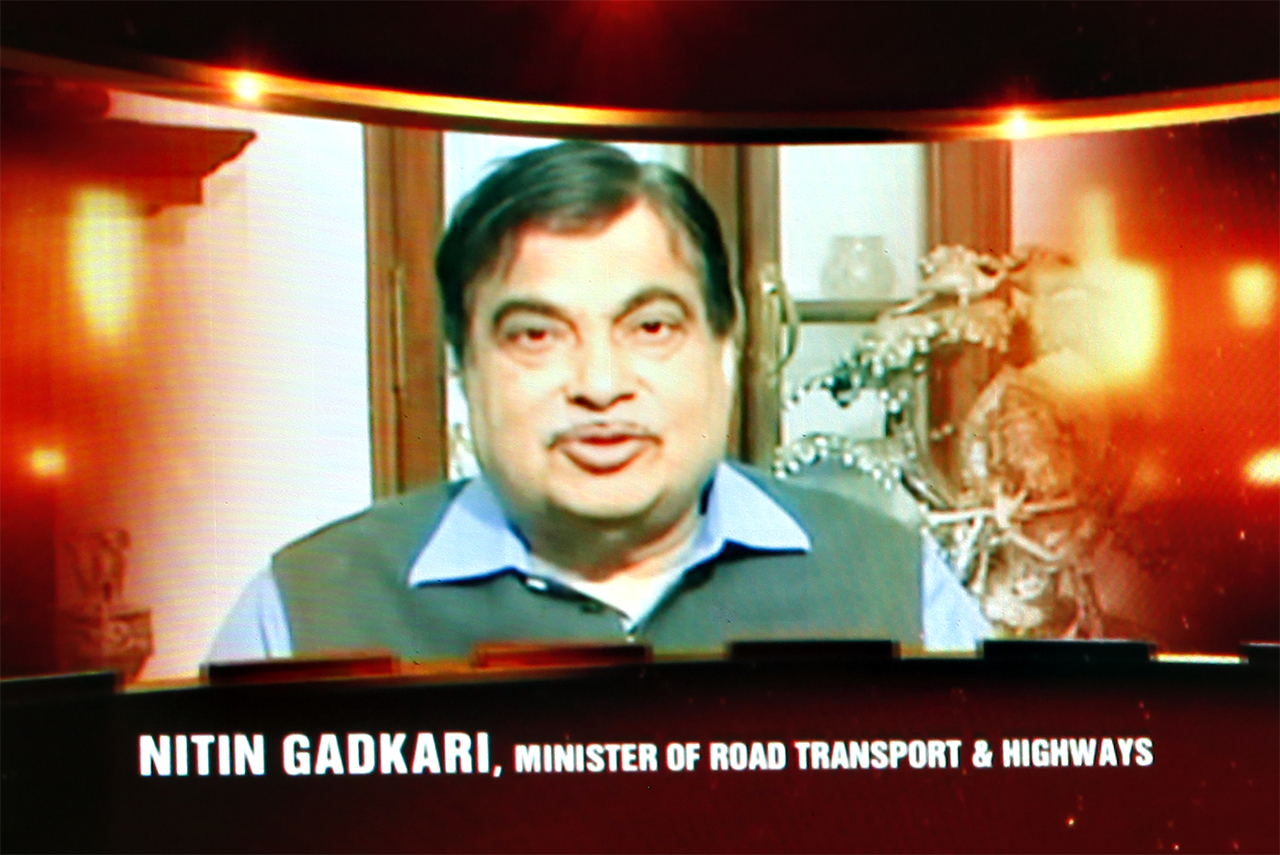
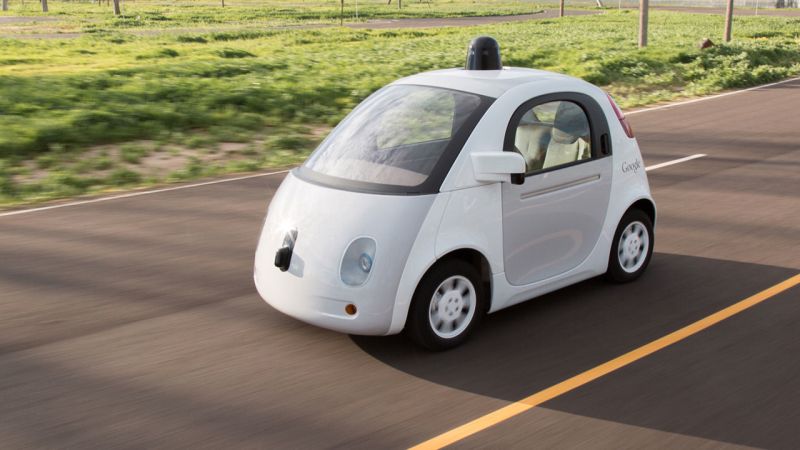





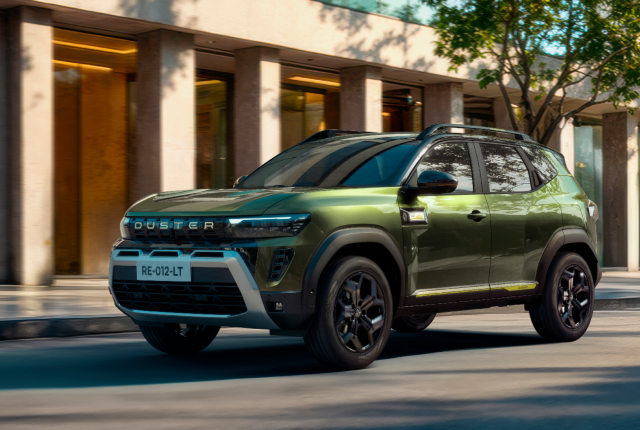

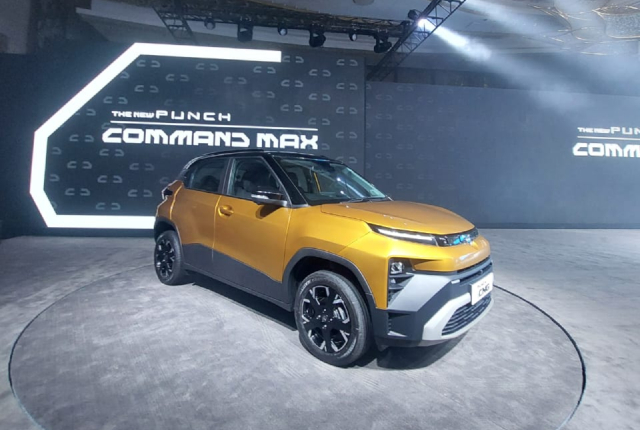


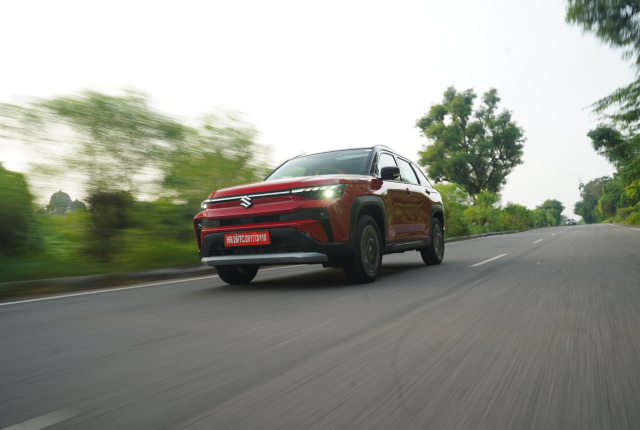
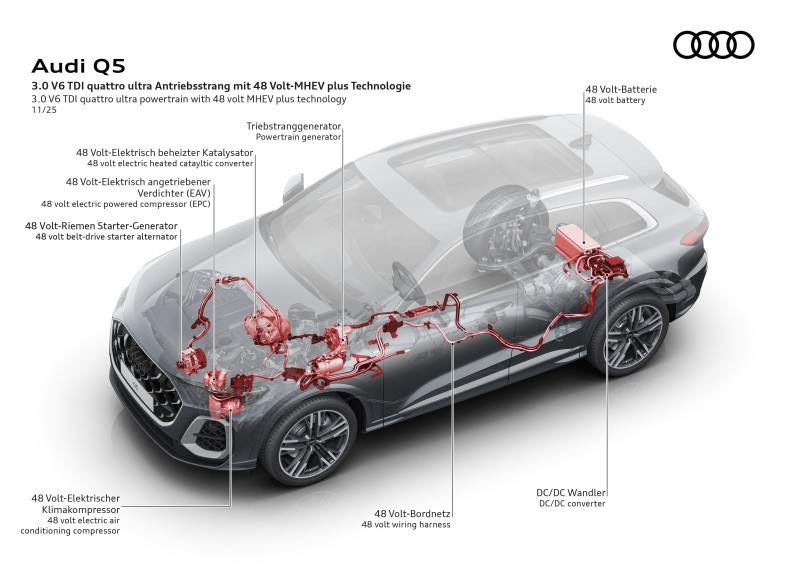
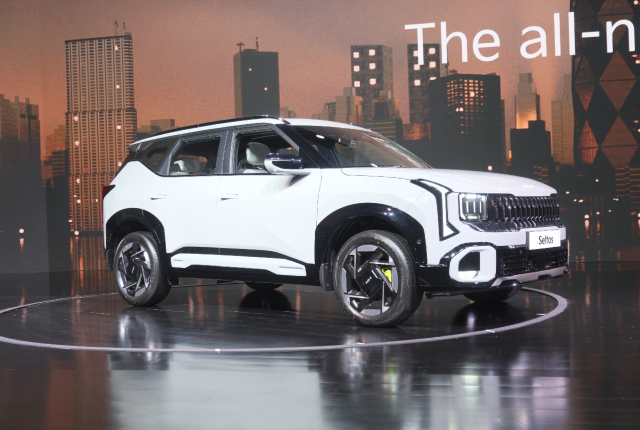
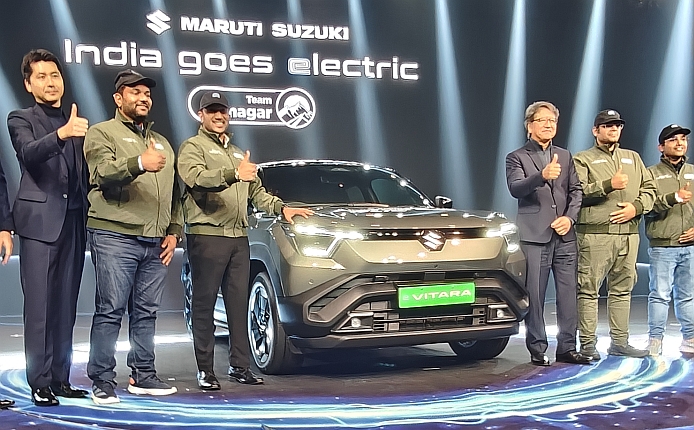
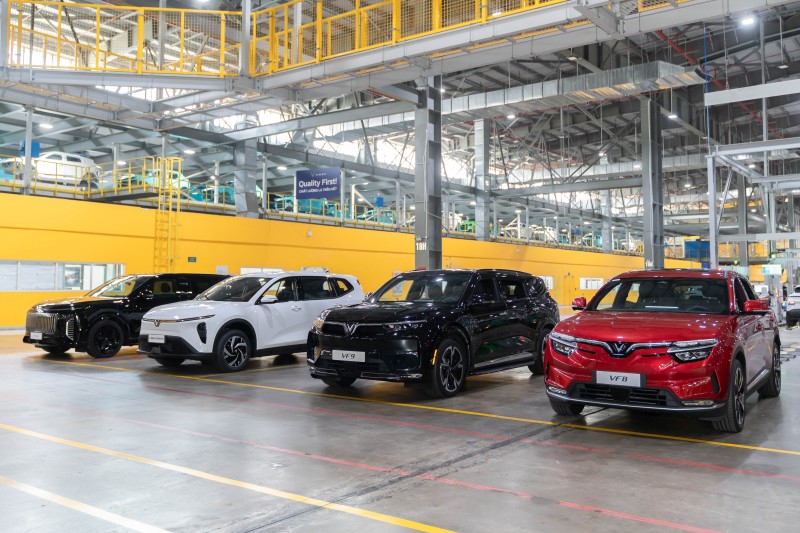


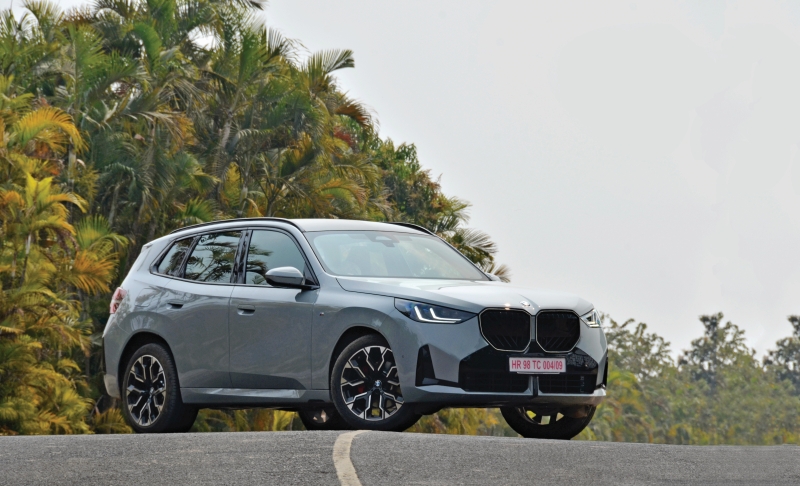


Leave a Reply